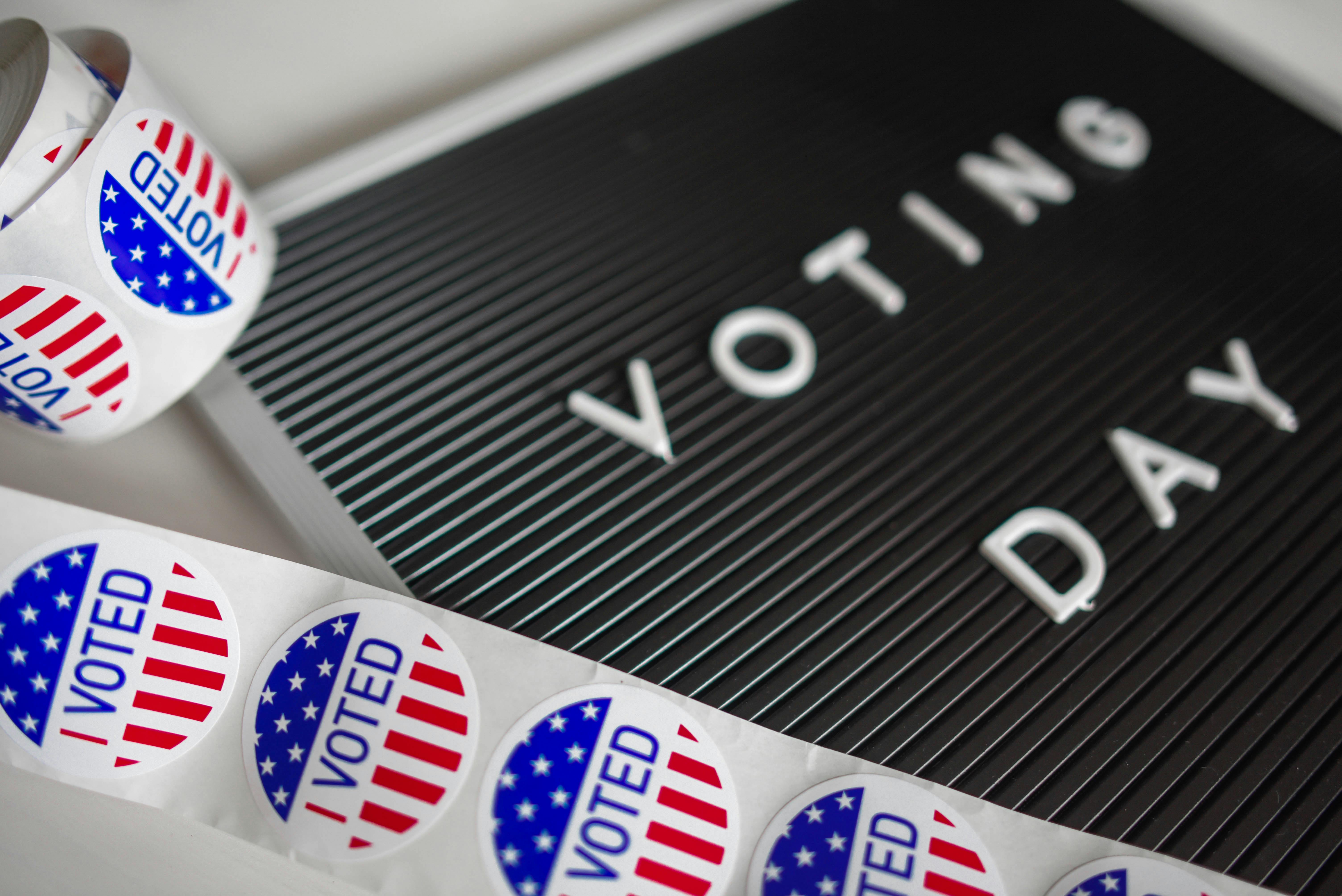Election Impact: How Local and National Politics Influence Philly’s Real Estate Market
Both local and national politics deeply influence the real estate market. The Philadelphia real estate market is no exception to the rule. When elections approach, the huge euphoria with the political campaigns creates shifts and uncertainty that can cause ripple effects across the housing market. If you understand how these factors influence the whole market and the outcome you can make informed decisions in a volatile environment regardless of whether you are a homeowner, buyer, or investor.
Pre-Election Uncertainty and Market Slowdown
As elections approach, the real estate market often slows down, mainly due to uncertainty. Buyers and sellers prefer to wait and see what will happen with the political situation before making any big decisions. According to historical data, the number of property transactions typically decreases before any type of election happens.
In Philadelphia, this trend is evident as well. When elections are nearing, there are fewer homes for sale and fewer sales. The market becomes less active, but home prices usually stay stable because there are fewer properties available. As a result, the reduced supply helps keep prices steady even if people are buying or selling.
The Role of Economic Policies
Economic policies proposed during election campaigns can significantly impact the real estate market. Promises like tax cuts, changes in interest rates, and housing incentives can influence how people feel about buying or selling homes. For example, if a candidate promises to lower property taxes or give credits to first-time homebuyers, people might wait to buy houses until those benefits are available.
On the other hand, if a candidate proposes policies that would increase costs, like raising property taxes or implementing stricter zoning laws, it can discourage people from investing in real estate. In Philadelphia, where property taxes and zoning laws are important issues, the local real estate market is susceptible to these proposals.
Post-election Market Dynamics
Once the political dust settles and the election results are in, the real estate market rebounds. In Philadelphia, this post-election recovery is influenced by seasonal trends. For example, the spring and summer months are traditionally busy times for real estate.
Historical Trends: Red vs. Blue
The impact of election results on the real estate market varies depending on which party wins. In many places, including Philadelphia, a victory for the Democratic Party often means more focus on affordable housing and renter protections. These policies can lead to more regulations for landlords and make it harder to start new housing developments.
On the other hand, if the Republican Party wins, they usually introduce policies that benefit property owners and investors, like tax breaks and fewer regulations. These policies can encourage real estate investment, increasing property values and sales.
The real estate market in Philadelphia reacts differently depending on the election outcomes. While national elections influence the overall economic climate, local elections have a more direct and immediate effect. Elections for the mayor, city council, and local ballot measures can change zoning laws, property taxes, and urban development plans, directly impacting the real estate market.
How Property Managers Can Help
Property managers are crucial in maintaining stability for landlords and tenants during political changes. They help navigate uncertainties and take advantage of opportunities with election outcomes.
Property managers provide several benefits: they have expert knowledge of political changes and their impacts on the housing market, allowing them to advise property owners on strategic decisions like when to sell or adjust rental rates. They ensure properties comply with new regulations, avoiding fines and legal issues.
Additionally, they conduct regular market analyses to assess how political changes affect property values and rental rates, helping property owners make informed investment decisions.
Practical Advice for Property Managers
- Stay Informed: Regularly follow local and national political news to understand how changes might impact the real estate market.
- Communicate Effectively: Keep property owners and tenants updated on political changes and how these might affect them.
- Plan Ahead: Anticipate possible policy changes and develop strategies to handle risks or seize new opportunities.
- Leverage Technology: Use property management software to streamline operations, track regulatory changes, and manage tenant relations efficiently.
Conclusion: Making Informed Decisions
Understanding how politics affect the real estate market is crucial for anyone buying, selling, or managing property in Philadelphia. Elections bring uncertainty and potential policy changes, creating both challenges and opportunities. Staying informed and working with knowledgeable professionals helps homeowners, buyers, and investors navigate these times confidently.
While politics can influence the real estate market, informed decision-making and strategic planning can mitigate risks and maximize opportunities, ensuring stability and growth in Philadelphia’s real estate landscape.







